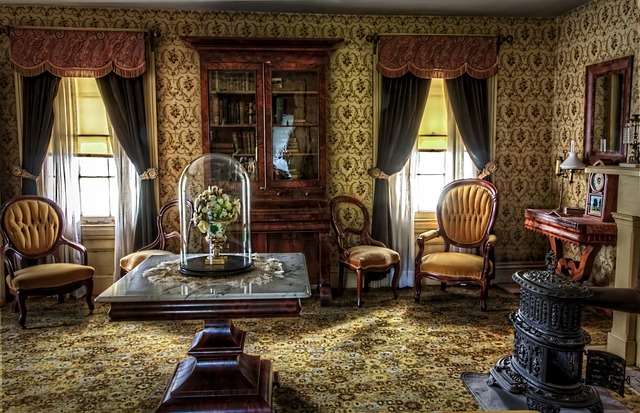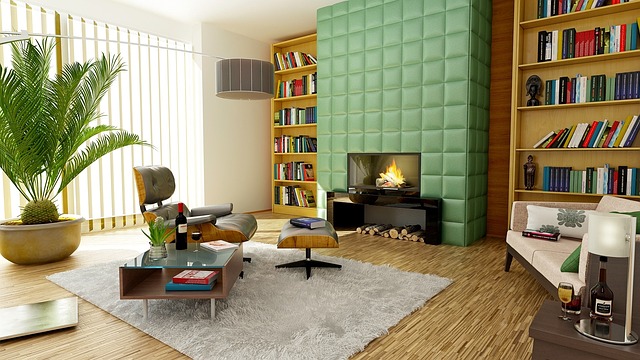In today’s world, sustainability is a crucial aspect of our daily lives as we strive to make changes to avoid a global environmental disaster. Living a sustainable life is not just about making changes in our habits and consumption patterns; it’s also about transforming our living spaces into sustainable havens to inspire us on our sustainability journeys. By incorporating eco-friendly decor choices, we can promote a greener lifestyle while creating beautiful and inspiring homes.

Embrace Vintage and Antique Furniture
One of the more effective ways for you to reduce the amount of waste you produce and promote sustainability in home decor is by embracing vintage and antique furniture. By giving these items a second life, we reduce the demand for new production, thus saving energy and resources in the process. Antique chairs and sofas are a sustainable choice because they promote reuse and reduce the demand for new furniture production, which often involves significant resource extraction and carbon emissions. Vintage pieces often possess unique charm and character, adding a touch of history and character to our homes, rather than a soulless piece of flatpack furniture. To find antique and vintage pieces, you can explore local thrift stores, flea markets, or online platforms to find treasures that align with your style and contribute to a more sustainable future.
Enhance Insulation with Window Shades
Windows play a significant role in energy efficiency within our homes, as they are an area where heat loss frequently occurs. By investing in window shades, such as double roller blinds or curtains made from insulating materials, we can reduce heat loss during winters and prevent heat gain during summers. Properly insulating your windows will help regulate indoor temperatures, reducing the reliance on heating and cooling systems and ultimately minimizing energy consumption.

Choose Furnishings Made from Natural Sustainable Materials
Soft furnishings, such as cushions, throws, and bedding, offer excellent opportunities to incorporate sustainable materials into your décor, rather than synthetic fabrics and plastics. Consider opting for natural and renewable materials like organic cotton, linen, or hemp for the soft furnishings in your home. These natural materials can be sustainably made and will be biogradable, unlike synthetic and plastic based fabrics, which are made unsustainably and will occupy landfill sites in the 1,000s of years they take to decompose.
Support Local Artisans and Craftsmanship
When it comes to decor pieces, when possible you should choose items crafted by local artisans rather than mass-produced items. By supporting local craftsmanship, you contribute to the preservation of traditional skills and help local economies thrive, rather than giving your money to a faceless multinational corporation. By choosing locally made items, you can ensure that your decorative items are sustainably made and have lower carbon footprints as they don’t need to be shipped around the globe. For example, an oil on canvas painting created by a local artist not only adds a unique touch to your space but also tells a story that mass-produced prints simply can’t replicate. Investing in such handmade pieces allows you to surround yourself with meaningful art while supporting creatives in your community.
Avoid Plastics in Your Home’s Decor
Plastic has become one of the biggest environmental challenges we face today. When decorating your home, avoid decor items made from or packaged in plastic which can take centuries to biodegrade. Look for alternatives made from sustainable materials like wood, bamboo, glass, or ceramics. For example, opt for wooden photo frames, bamboo planters, or glass vases. By eliminating plastics from our decor, we reduce our contribution to plastic pollution and create a healthier environment for ourselves and future generations.
Find Inspiration in Timeless Looks
In a world driven by fast-paced trends, seeking decor inspiration from timeless looks can be an excellent way to promote sustainability. Classic designs and styles tend to withstand the test of time, reducing the need for constant updates and replacements. Instead of chasing fleeting trends, opt for enduring designs that reflect your personal style. Embrace neutral colours, simple lines, and timeless aesthetics that transcend passing fads. This approach not only promotes sustainability but also ensures that your decor remains stylish for years to come.

